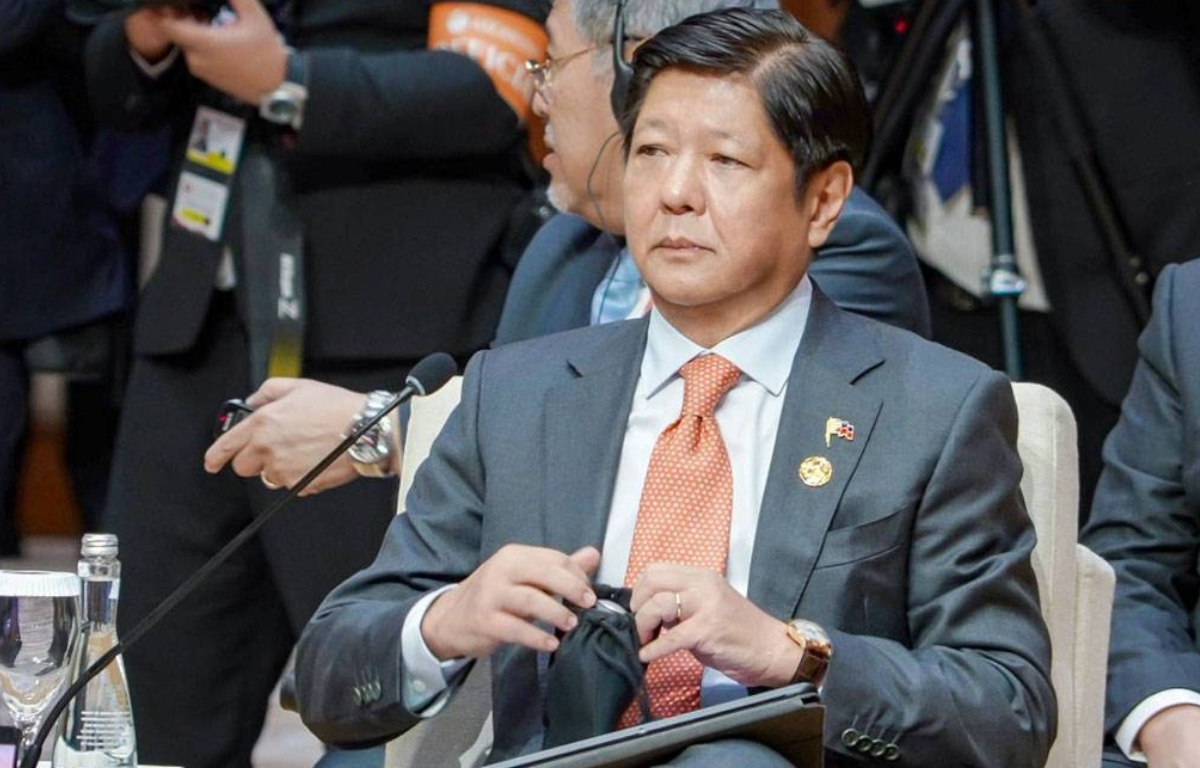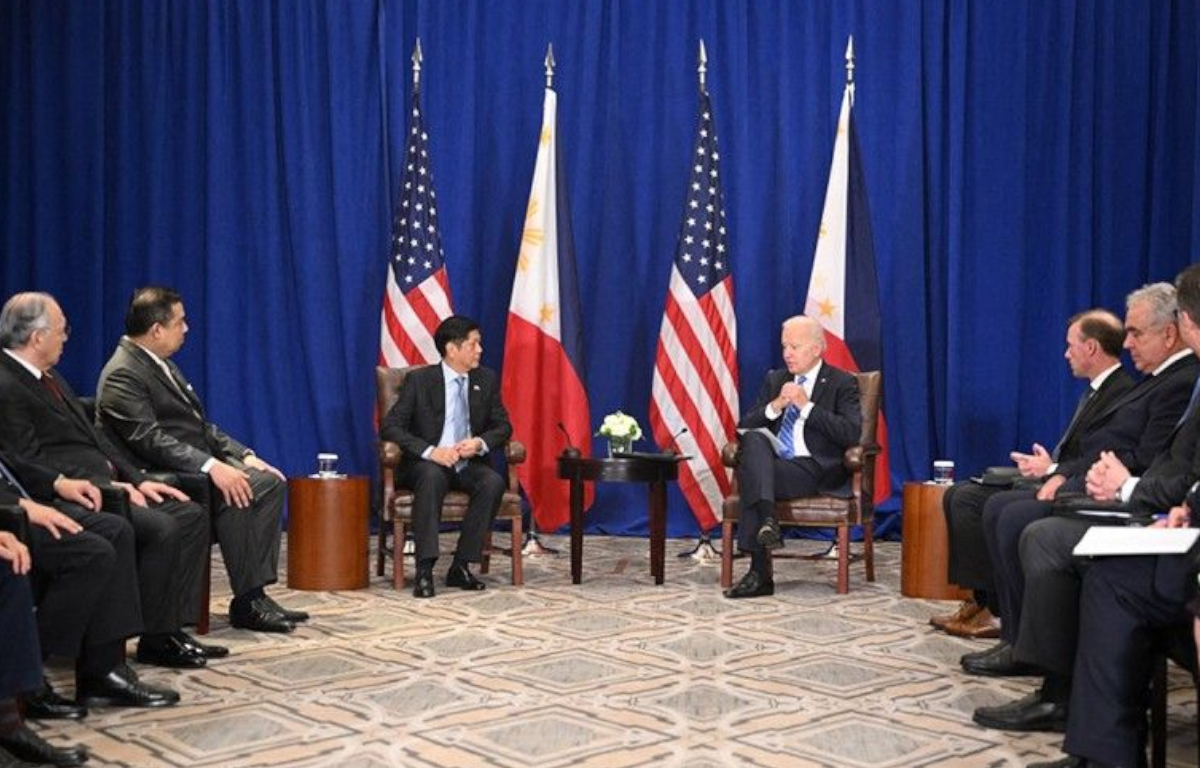
Vietnam’s call for China to abide by international law while demarcating its maritime boundaries underscores the ongoing disputes and the importance of adhering to legal norms in resolving such issues.
The Gulf of Tonkin, a body of water situated between Vietnam and China, has been a focal point of maritime contention. Both countries have overlapping claims in the area, leading to tensions and disagreements over maritime boundaries and resource exploitation.
Vietnam’s diplomatic maneuver involves urging Beijing to follow established legal principles, particularly the United Nations Convention on the Law of the Sea (UNCLOS), in drawing baselines and defining its territorial waters. UNCLOS provides a framework for resolving maritime disputes and promotes the peaceful coexistence of maritime nations.
The significance of Hanoi’s stance lies in its commitment to upholding the rule of law and seeking peaceful solutions to maritime disputes. By emphasizing adherence to international norms, Vietnam aims to foster stability, predictability, and mutual respect in its relations with neighboring countries, including China.
China’s response to Vietnam’s call for legal adherence in maritime delineation will be closely watched by regional stakeholders and the international community. How Beijing navigates this diplomatic exchange could impact regional maritime dynamics and broader geopolitical considerations.
The Gulf of Tonkin issue is part of a larger pattern of maritime disputes in the Asia-Pacific region, where competing territorial claims, resource interests, and strategic considerations intersect. The peaceful resolution of these disputes hinges on constructive dialogue, respect for international law, and a commitment to mutual understanding and cooperation among nations.










Share this: